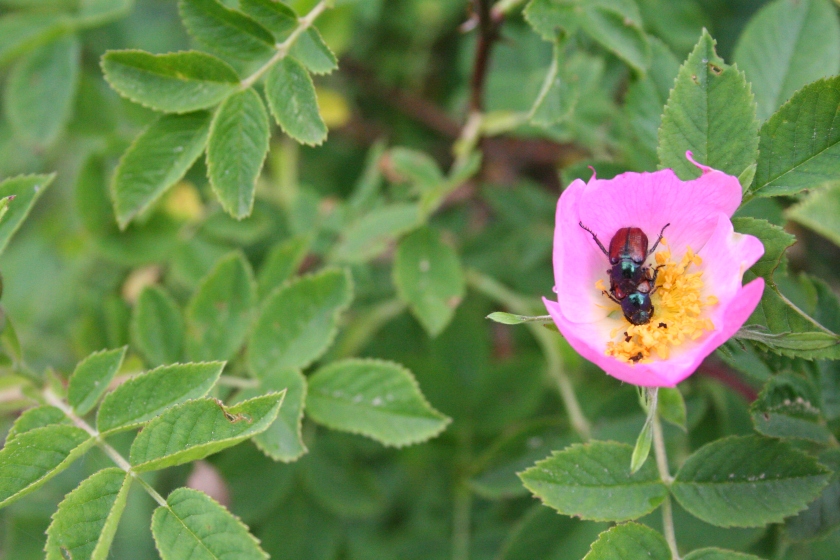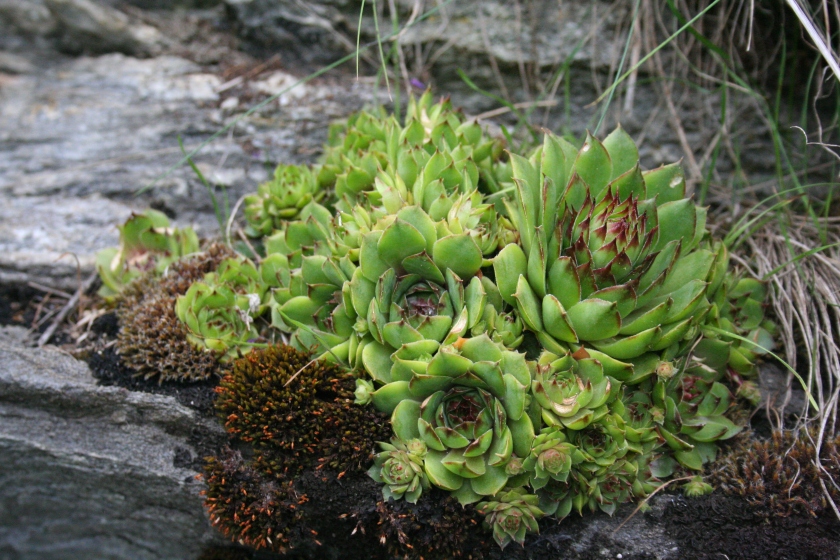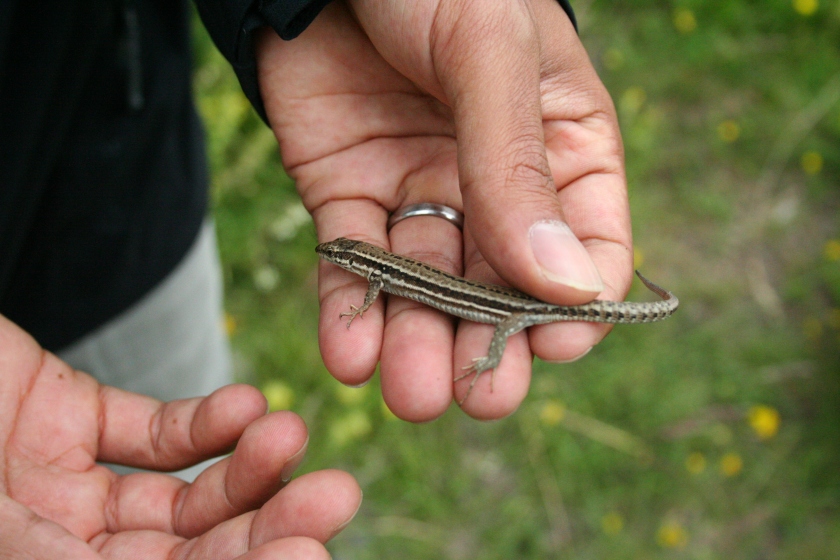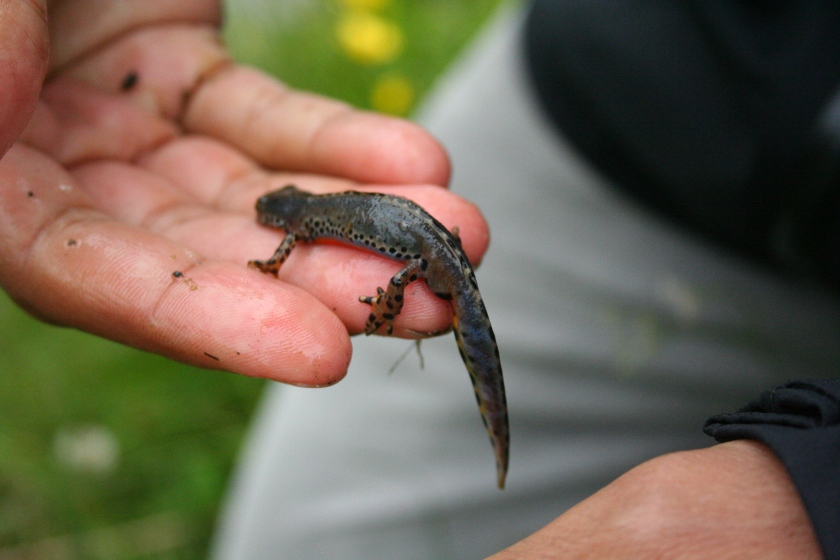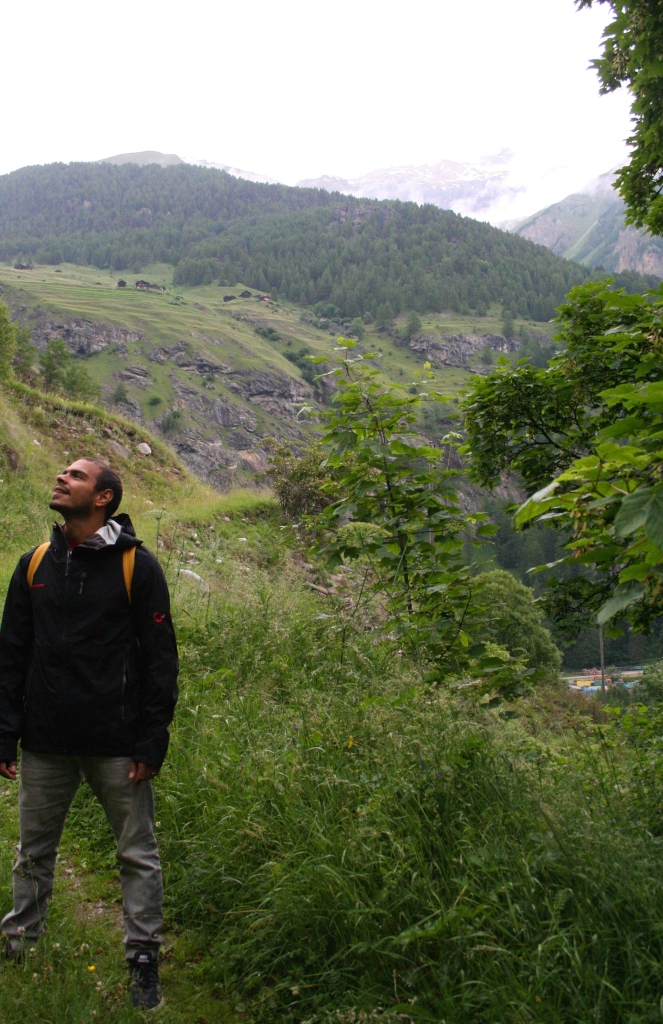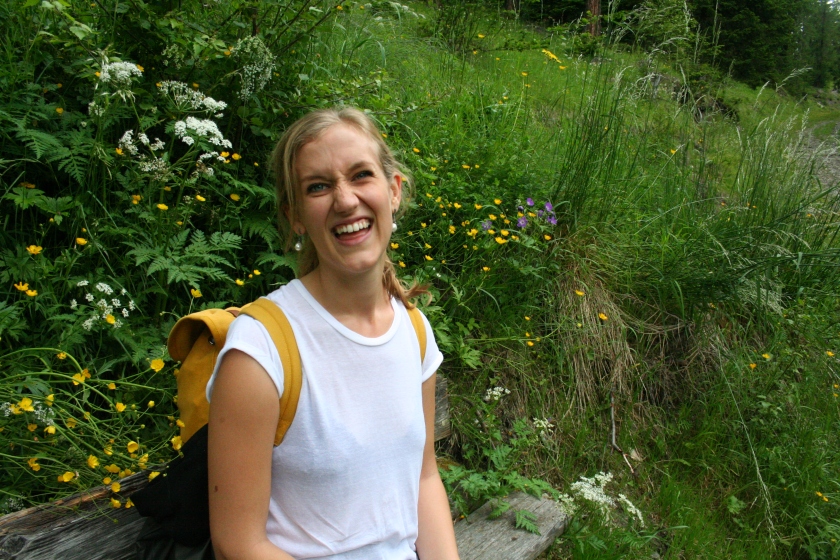
Found, squirreled away for safe keeping and prosperity, this is a typed copy of the transcript of an interview with my favourite childhood babysitter and beloved family friend Morag Turnbull. Recorded on tape and painstakingly written out word for word (in pen, a great achievement at age eleven) to hand in as part of my World War Two personal project in my final year of primary school.
I am about to embark on a career in primary teacher, and it is with great fondness that I look back through the small collection of school work from infancy which I have kept and filed away, knowing and reliving the feeling of pride and achievement that I felt at the time.
This interview has been left in it’s original state, with only minor alterations to punctuation and spelling. I love how Morag so wonderfully captured events of great fear and uncertainty in her own childhood and told some of her story to me with such warmth, a young girl completely naive to struggle and suffering; I was then and am now enraptured by every word. A wonderful woman, and a great story teller, she has all the words.
What age were you at the outbreak of the war?
I was a baby. I was born in 1938 and I lived in China because my parents were missionaries. The Japanese invading China was late 1939/early 1940. The place where I lived wasn’t “captured” ‘til 1942 and after that we were all under house arrest, it was like a constant curfew.
Where about in China did you live?
I lived a thousand miles up the Chiang Jiang (Yangtze River) in a place called Icheng in the province of Hapeh which was a smallish town, though bigger than North Berwick, and it was right on the banks of the Yangtze. My father was sent there as a missionary by the Church of Scotland in 1936.
Could you tell me the story of your life in China?
I lived in Icheng quite happily until the Japanese invaded it, determined to conquer China, and that was happening at the same time as the war was here in the UK. My parents and I, as well as other missionaries, were eventually moved from Icheng and we travelled down the Yangtze sometimes by boats, sometimes by trucks. At night we stopped and some slept in the trucks and some slept underneath them, until we finally got to Shanghai where we were told that we were going to be put on repatriation ships which were meant to take us to our home countries. But Shanghai was full of people desperate to get out of China so our seats were taken by people who could bribe their way on board.
So we were all interned in a big concentration camp, and there were many of those in Shanghai, so instead of being on house arrest we were all put in the same place. The camps were big buildings stripped of everything. We were actually interned in a building which had been called ‘The Canadian Country Club’, which sounds very nice, and looked nice from the outside but, as I said before it had been completely stripped of everything on the inside. Cubicles were made with curtains in all of the big rooms; the bar, the ballroom, the bowling alley were all divided up into cubicles for all the different families. My family was in a tiny cubicle with all of our belongings stacked up the way and you had like a little nest. We had been told when leaving Icheng that we could take two trunks I think it was, so everyone took rugs and warm clothes because Shanghai is very cold in the winter.
By the end of 1942 the camp was all barbed wire and was just like a proper concentration camp with armed guards with guns at the gate so everyone was economical, just as it was in Britain. My father stayed with us, as well as other missionaries who were also trained doctors, and he had previously trained as an engineer so was made the plumbing engineer for the camp. He helped unblock drains and put up cubicles so that kept him with us. There was a Japanese Commandant and every morning we had roll call, and everyone had to come out the front, and no one could miss it, and he called out all our names and everybody had to be there. Well one day another little girl and I weren’t there and everyone was getting annoyed because we had been told not to go far because it was nearly time for roll call. The guards got angry and fetched the Commandant and eventually, after everyone had searched all over the place, my father found me. He had had told me if I ever heard him whistle in a special way I was to stop exactly what I was doing and go to the whistle*. Well, I was standing with my head through a hole in the fence with this little girl looking at pigs on the other side, all the barbed wire was around us and we were sitting looking at pigs… We were removed from the fence, given a huge row from the “Jap” guards, and our parents.
We were there from 1942 ‘til the beginning of 1945. That was when we were told to pack up all our belongings because we were being moved to another camp. We were moved to another place down the Yangtze which was right beside a Japanese ammunition dump, which was so the Japanese bombers wouldn’t drop anything on the Westeners, or the dump. It was a terrible place because the buildings were just like shacks and it was near swamp grounds and was names ‘Changsie pou’. It was a very similar situation to the camp the boy was in in the film ‘Empire of the Sun’. I am still in touch with the Stills, the family of the girl I saw the pigs with.
We stayed there until early 1946. When the bomb was dropped in Hiroshima (August 1945) some of the others in the camp said they could feel the tremors, and as soon as the bomb was dropped the next day the Japanese guards all disappeared, and we were left with no way of getting any food. Soon after this people were told there were boats coming to take them home. The most moving thing about the end of the war was when the big gates opened and my father, who was a piper, brought out his bagpipes and played the pipes.
When it was our turn to get on the first boat, ‘The Glenuern’, we sailed to Colombo in Sri Lanka where the Red Cross had a base where we were fattened up and kitted out with more clothes. Then another ship came to pick us up which was called ‘The Athloan Castle’ which we all boarded and low and behold there were some of the people we knew from the camp. We sailed to Southampton and from Southampton we took a train to Glasgow and there were all of my relatives.
We went back out to China in 1947, but had to come back to Scotland because of the Communist invasion.
* Sadly, the very endearing demonstration of the whistle recorded on tape at the time of the interview has been lost over the years.
